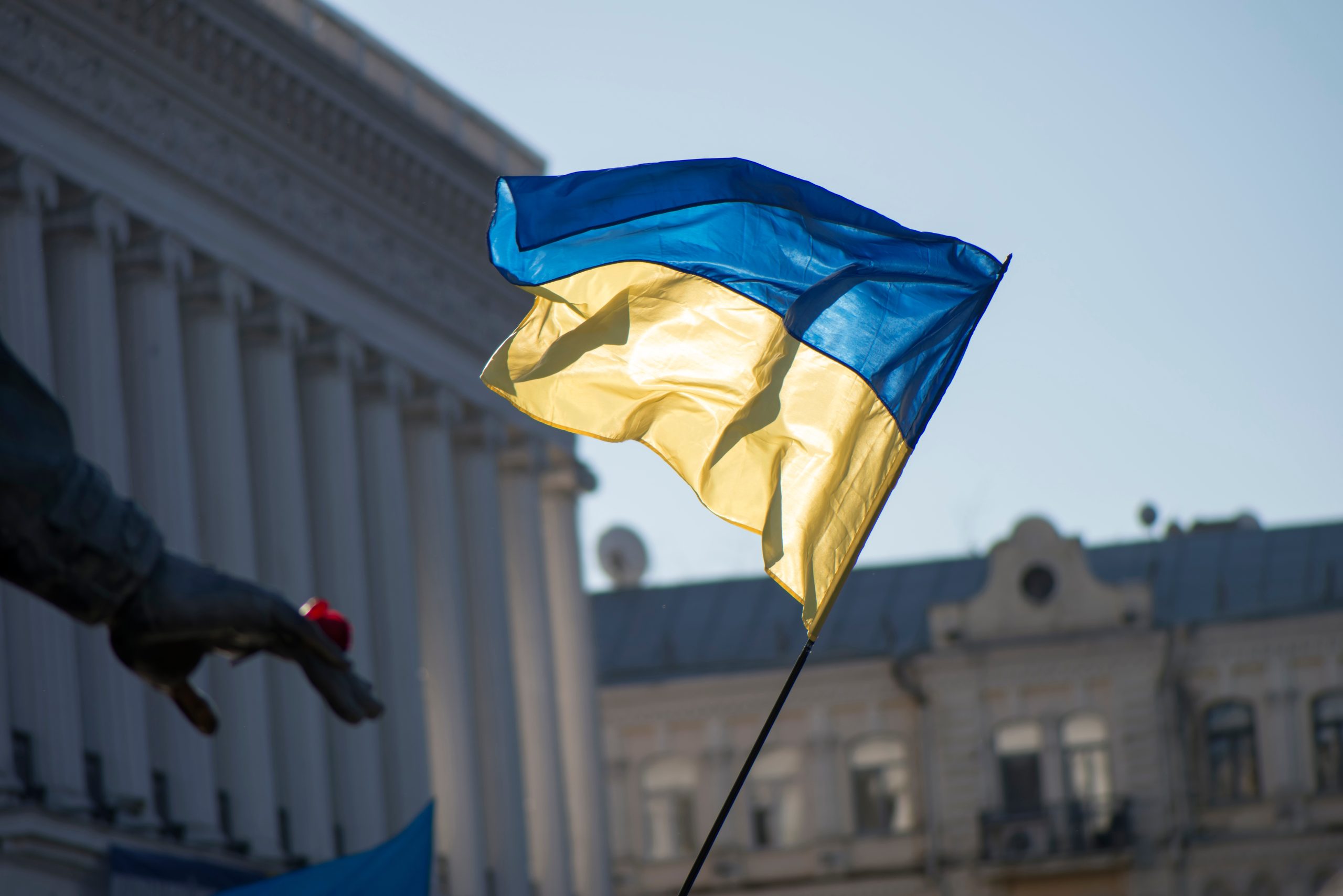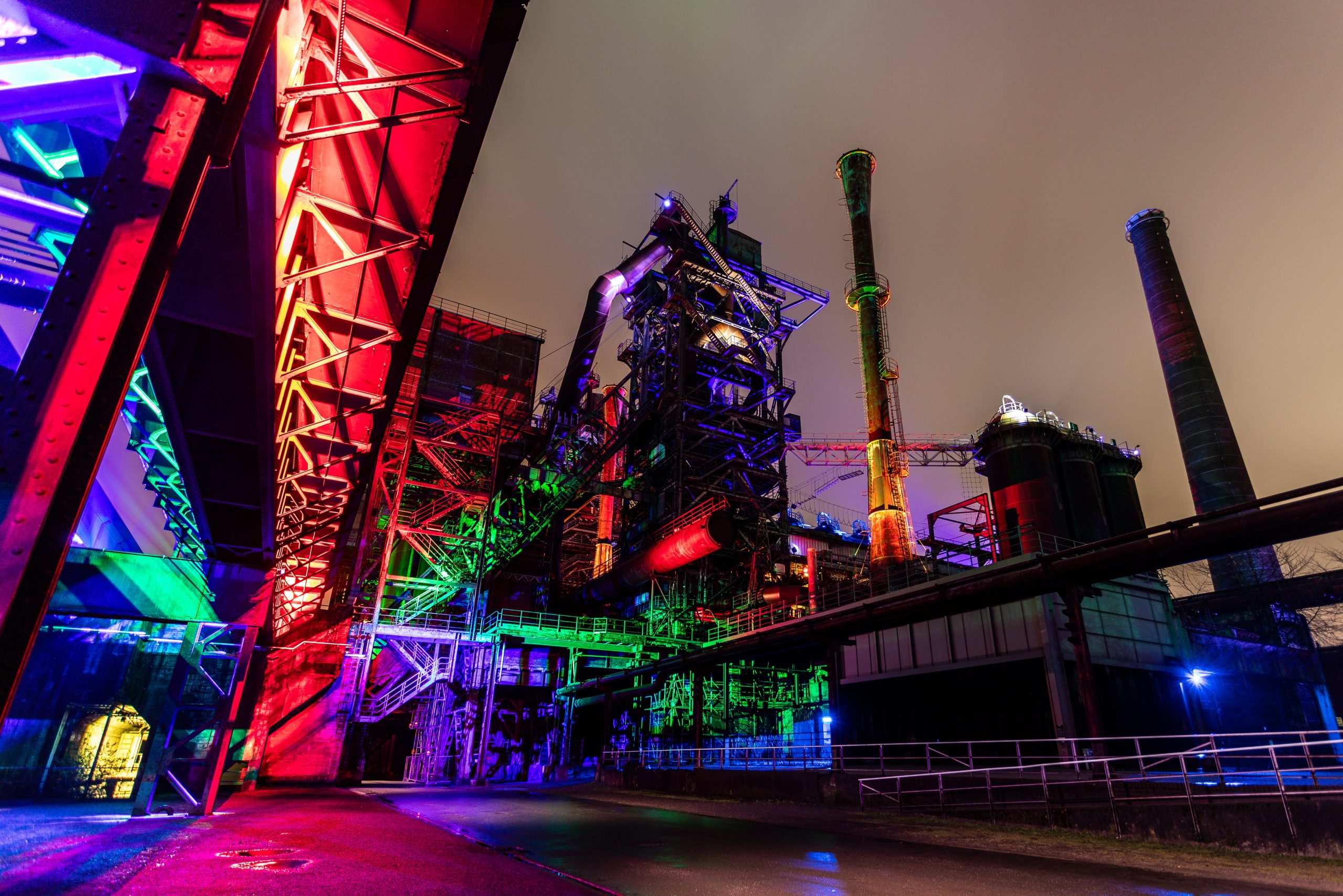Ukraine Strengthens Hydrogen Ties at Czech Hydrogen Backbone Dialogue

Two members of the Ukrainian Hydrogen Council, the Gas Transmission System Operator of Ukraine (GTSO of Ukraine), and Hydrogen Ukraine participated in the Czech Hydrogen Backbone Dialogue on November 5th.
This event offered a platform to discuss the potential of cross-border hydrogen infrastructure and Ukraine‘s role in the European hydrogen network.
Development of the Central European Hydrogen Corridor
GTSO of Ukraine addressed the development of the Central European Hydrogen Corridor, a project critical to Ukraine’s energy transition and alignment with EU standards.
The corridor, spanning 1,350 km, aims to transport 1.5 million tons of hydrogen annually. While the project’s Ukrainian segment requires an estimated €360 million, the European segment’s cost surpasses €1 billion, demonstrating the scale and importance of this initiative.
The project relies on retrofitting existing infrastructure to minimize costs, with the estimated levelized transmission cost ranging from €0.10 to €0.15 per kilogram.
However, legislative support is needed, including the approval of the hydrogen strategy, the establishment of regulatory frameworks, and the development of technical standards to ensure the project’s success. Financial backing through government support and grants will also be critical, especially in the initial stages.
Despite current war-related challenges, Ukraine’s GTSO is progressing with preparatory work. With continued efforts on regulatory, technical, and production fronts, Ukraine anticipates swift investment decisions and advancement post-war, envisioning a sustainable, interconnected energy future with Europe.
Hydrogen Ukraine presented two promising hydrogen projects in Ukraine. The first project in southern Ukraine near the Black Sea and the Danube is the first certified Ukrainian hydrogen project on the Global Hydrogen Valley Platform.
Initiated four years ago, the project includes a 100 MW electrolysis facility in its first phase, with plans to expand to 3 GW of electrolysis capacity.
This hydrogen valley, strategically situated with access to water resources and renewable energy potential, can connect to major European hydrogen infrastructure networks, including the Central European Hydrogen Corridor and the Trans-Balkan Pipeline, part of the European Hydrogen Backbone.
Supported by a UK government grant, the project undergoes an extensive feasibility studies phase, which is anticipated to reach completion by July of next year.
The second hydrogen valley project
The second hydrogen valley project in Zakarpattia, though in an earlier stage, is expected to complete feasibility studies by the end of next year.
This project, which also received certification on the Global Hydrogen Valley Platform in November 2023, aims to further strengthen Ukraine’s hydrogen industry and support European hydrogen supply.
These initiatives underscore Ukraine’s commitment to becoming a key player in Europe’s hydrogen landscape, contributing infrastructure and innovation to the shared goal of a sustainable, decarbonized future.
Actively supporting these efforts, the Ukrainian Hydrogen Council is committed to advancing projects like the Central European Hydrogen Corridor and Ukraine’s hydrogen valleys, laying the groundwork for strategic energy collaboration across borders.
With European partners, Ukraine is poised to drive the hydrogen economy forward, enhancing regional energy security and resilience.

